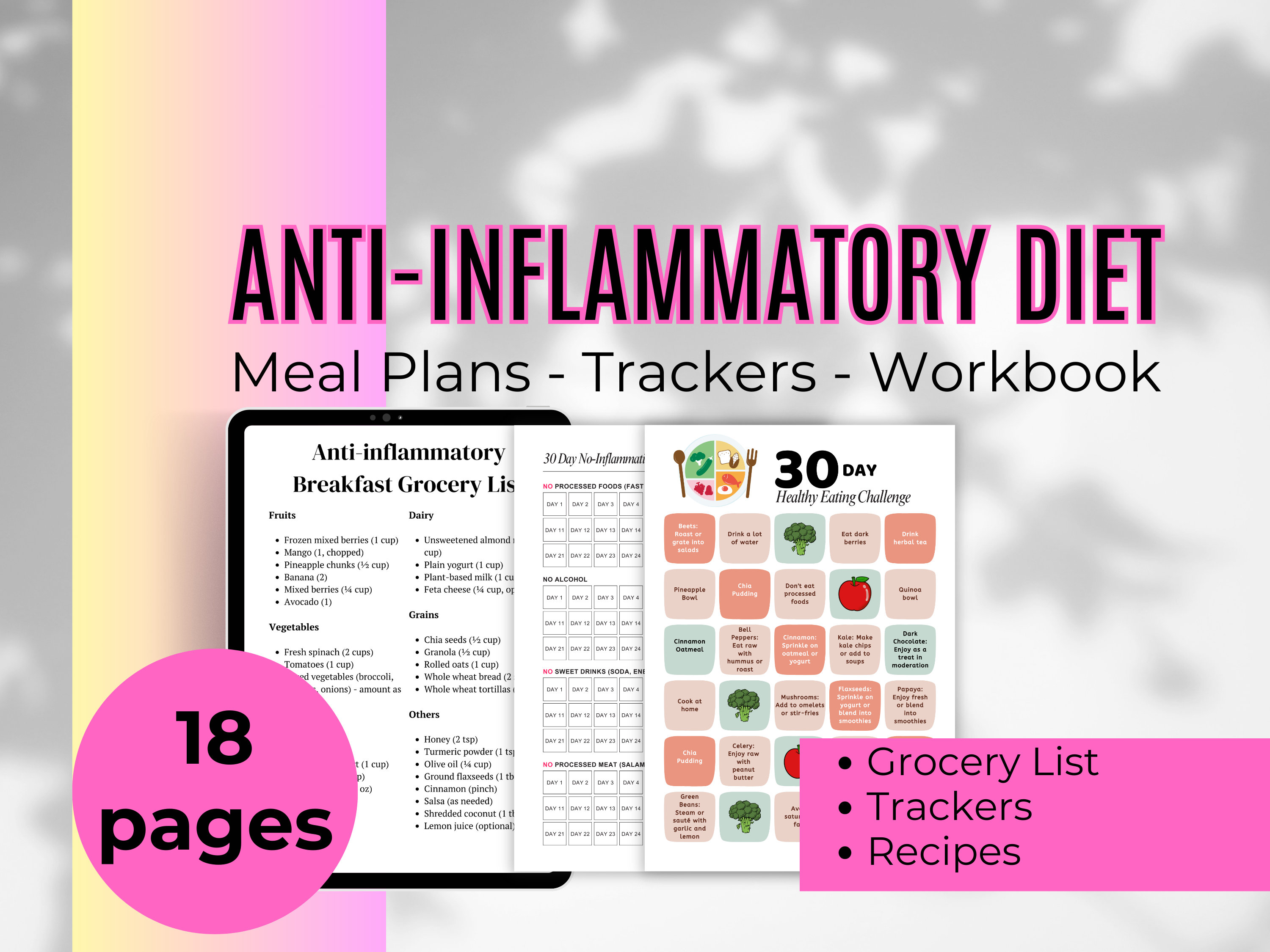Our bodies are complex machines, and just like any machine, they require the right fuel to function at their best. For women, navigating different life stages brings unique nutritional needs. From maintaining strong bones to supporting a healthy pregnancy, proper vitamin and mineral intake plays a crucial role in overall well-being.
This article delves into the world of essential vitamins and minerals for women’s health. We’ll explore how these micronutrients support vital bodily functions and unveil the warning signs your body might send when they’re missing. We’ll also discuss how to ensure you’re getting the right amounts through a balanced diet and explore the role of supplements when needed. Remember, knowledge is power, and understanding how to nourish your body from the inside out empowers you to live a vibrant and healthy life.
Discover Sensilab, your trusted source for natural, easy-to-take supplements, supporting your health and wellness goals with genuine care, plus enjoy free shipping on orders over €50.

- 2-Week anti-inflammatory meal plan.
- 45 Foods that Cause Inflammation
- 31 Things to Avoid on Food Labels
- Grocery Lists. Challenges. Symptoms Tracker
Vitamin A: The Visionary Nutrient
Vitamin A, a true champion for women’s health, takes center stage. The Recommended Dietary Allowance (RDA) for women aged 19 and over is 700 mcg RAE (equivalent to 2,310 IU), ensuring optimal function. Thankfully, incorporating a vibrant array of foods into your diet unlocks this essential nutrient. Carrots, broccoli, winter squash, cantaloupe, apricots, and even dairy products like milk and cheese become allies in your quest for optimal vitamin A intake. Fortified breakfast cereals and eggs join the party, providing additional options.
But what happens when this vital nutrient falls short? Vitamin A deficiency can paint a grim picture, manifesting as night blindness (xerophthalmia), increased susceptibility to respiratory diseases and infections, anemia, and even a higher risk of mortality.
The good news? Not only does vitamin A safeguard your own well-being, but it also plays a critical role in reproductive health. During pregnancy, it acts as a key player in the proper growth and development of your unborn child’s major organs. However, a word of caution: excessive intake of preformed vitamin A can lead to toxicity, causing nausea, dizziness, headaches, and in severe cases, even death. Pregnant women should be particularly mindful of this risk and avoid concentrated sources of vitamin A to prevent birth defects.

B-Team Powerhouse: Vitamins B6, B12, and Folate
Next up on the roster are the dynamic trio of B vitamins: vitamin B6 (pyridoxine), vitamin B12 (cobalamin), and folate (folic acid). These superstars work in beautiful harmony to keep your body’s engine running smoothly.
Vitamin B6: The Energizer Bunny
This vitamin serves as a crucial coenzyme in many biochemical reactions, playing a key role in energy production, metabolism, and the formation of red blood cells. B6 also supports brain function and nervous system health, contributing to a sharp mind and a balanced mood.
Vitamin B12: The Power Player
Vitamin B12 is essential for healthy nerve function, DNA synthesis, and red blood cell production. It’s like the conductor of a complex orchestra, ensuring all the instruments (cells) in your body are working together in perfect harmony. A deficiency can lead to fatigue, weakness, tingling sensations, and even cognitive decline.
Folate: The Building Block Maestro
Folate shines as a vital player in cell division and DNA synthesis. It’s particularly important during pregnancy, as it helps ensure the healthy development of your baby’s neural tube. Folate also works alongside B12 in red blood cell production and supports healthy heart function.
Remember, these B-vitamin buddies function best as a team. Including a variety of B-rich foods like poultry, fish, leafy green vegetables, legumes, and fortified cereals in your diet ensures you get the full spectrum of benefits they offer. By working with your doctor, you can determine if a B-complex supplement is necessary to meet your individual needs.
Vitamin C: Your Body’s Antioxidant Champion
Vitamin C, a potent antioxidant, steps into the spotlight. It’s a critical player in immune function, helping your body fight off infections and stay healthy. Additionally, vitamin C is essential for collagen production, the building block that keeps your skin, bones, and blood vessels strong and healthy.
Think of vitamin C as your body’s natural shield. A deficiency can leave you feeling fatigued, weak, and more susceptible to illness. Easy bruising, bleeding gums, and poor wound healing can also be warning signs.
Fortunately, incorporating citrus fruits like oranges and grapefruits, along with vibrant bell peppers, strawberries, and broccoli, in your diet can keep your vitamin C levels topped up.
D. Vitamin D: The Sunshine Vitamin
Next, we bask in the power of vitamin D, often dubbed the “sunshine vitamin.” It plays a crucial role in bone health by promoting calcium absorption. Vitamin D also supports a healthy immune system and may contribute to better muscle function.
However, unlike many other vitamins, our bodies can naturally synthesize vitamin D through sun exposure. Unfortunately, modern lifestyles often limit sun exposure, making dietary sources and potential supplementation important. Deficiency symptoms can include bone pain, weakness, and an increased risk of fractures.
E. Iron: Delivering Oxygen Throughout Your Body
Iron is a vital mineral responsible for transporting oxygen throughout your body via red blood cells. This ensures your cells receive the oxygen they need to function properly.
Women, especially those who menstruate, have a higher risk of iron deficiency. Fatigue, weakness, shortness of breath, pale skin, and dizziness can all be signs that your iron levels are low. Including iron-rich foods like lean red meat, poultry, fish, beans, lentils, and dark leafy greens in your diet can help you meet your needs.
A quicker way is to include iron-rich drinks to prevent anemia.
F. Calcium: Building Strong Bones for Life
Calcium, the powerhouse mineral, is essential for building and maintaining strong bones and teeth. It also plays a role in muscle function and nerve transmission. As we age, the risk of osteoporosis (bone loss) increases, making calcium intake even more crucial for women.
Bone pain, weakness, muscle cramps, and osteoporosis are all potential consequences of calcium deficiency. Dairy products like milk and cheese are excellent sources of calcium, along with leafy green vegetables, fortified foods, and even some nuts and seeds.
Building a Balanced Plate for Optimal Health
Now that you’ve met the essential vitamin and mineral A-team, you’re equipped to make informed choices about your diet. Remember, a balanced diet rich in fruits, vegetables, whole grains, and lean protein sources is your best bet for ensuring you get the vitamins and minerals your body needs. Don’t be afraid to explore fortified foods and discuss potential supplementation with your doctor if dietary needs aren’t being met.





